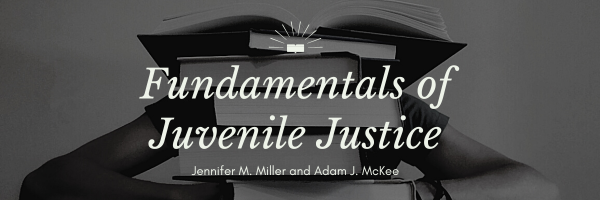What You Will Learn
This section addresses the current and emerging trends in the juvenile justice system, emphasizing challenges and innovations in policies, restorative practices, technology, and future reform directions. You will explore topics ranging from decarceration trends and the implementation of evidence-based policies to the adoption of technology and restorative justice approaches, each contributing to a more equitable and effective system.
Student Learning Outcomes for Section 7
- SLO 1: Understand the national and international trends shaping juvenile justice, including policy shifts and technology’s role in monitoring and rehabilitation.
- SLO 2: Assess the integration of evidence-based policies and restorative justice practices, exploring their effectiveness, implementation challenges, and impact on the justice system.
- SLO 3: Discuss the ethical, logistical, and practical challenges of new technologies and restorative practices in juvenile justice, including stakeholder resistance and privacy concerns.
- SLO 4: Analyze the effectiveness of current reforms and future directions, focusing on legislative changes, community integration, and continuous system evaluation.
- SLO 5: Critically evaluate the ongoing and necessary changes within the juvenile justice system to ensure fairness, effectiveness, and sustainability, highlighting the role of continuous advocacy and innovation.
Modification History File Created: 04/26/2024 Last Modified: 11/20/2024
[ Text Section | Back | Contents | Next ]
You are welcome to print a copy of pages from this Open Educational Resource (OER) book for your personal use. Please note that mass distribution, commercial use, or the creation of altered versions of the content for distribution are strictly prohibited. This permission is intended to support your individual learning needs while maintaining the integrity of the material.
This work is licensed under an Open Educational Resource-Quality Master Source (OER-QMS) License.
